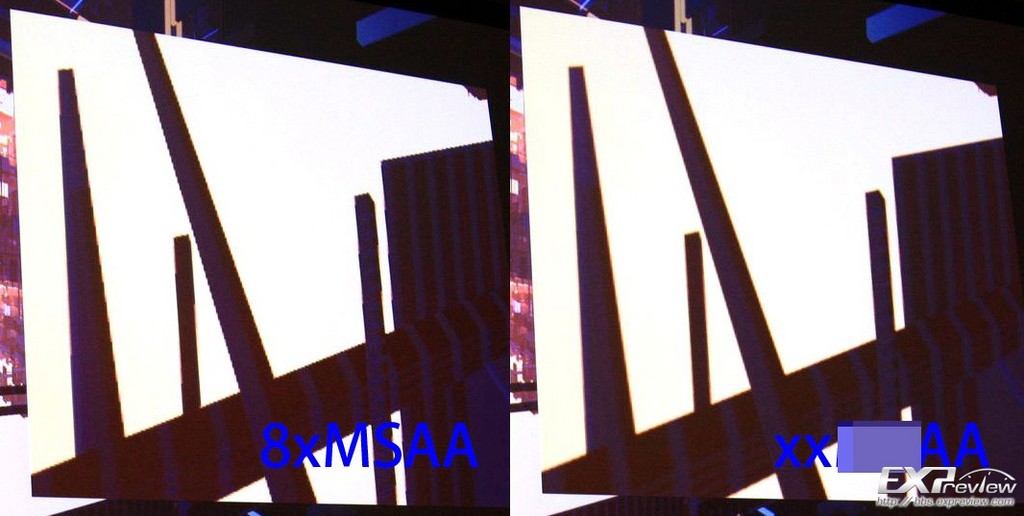[The PConline Information] distance Kepler release draws near, the major forum site have broke the news to everyone named in the guess, guess frequency, guess the size, all these comments everywhere, in the end the letter who is good? Of course, is the letter of official information. Here is our PConline evaluation room exclusive exposure for all official Kepler specifications table, core frequency, memory configuration, CUDA cores and other important parameters at a glance, the victory over the HD7970 should be no suspense!
The table above is by NVIDIA's official channels, and credibility than the gossip! From here we can see that its frequency is set to 1006/6000MHz (core / memory), the core can also be automatically speed up to 1058MHz , than the previous forecast of 7xxMHz, even a conservative estimate of Kepler same frequency performance and HD7970 flat The default frequency was significantly higher than the HD7970 and GTX 680 performance victory should have been non-existent doubt .
  Terms of memory GTX 680 is quite amazing, the equivalent frequency of up to 6G, is the first graphics memory frequency can reach this level, so AMD has been proud of the memory controller to sweat! Not so sharp is the 256bit memory bandwidth relative HD7970, 2GB memory capacity is slightly lower than the HD7970, but the estimated or NVIDIA retained strength, the product may also take the memory bandwidth and capacity to make a fuss.
  General computing, before there are rumors GTX 680 general-purpose computing power than the HD7970, and now we can determine the GTX 680 CUDA cores up to 1536 victory HD7970 should be no suspense in the
  Click here estimated specifications, Kepler GTX, 680 performance of victory HD7970 should be no problem! And power consumption Kepler is also very satisfied, only a TDP of 195W at full load power nearly 250W HD7970 can be stressful ! Price exposure can not believe the appearance of the exposure can be questioned, but this official form of the above, it is a bunker! I believed! We PConline latest reports, please refer to the latest news about Kepler.













































